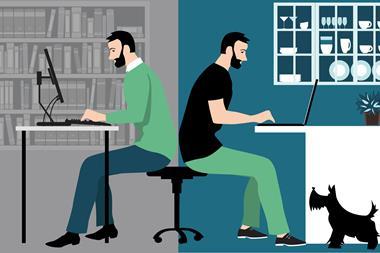Mental health issues alone are expected to cost firms $16 trillion in output by 2030
Employee health and the rising burnout rates are among the primary challenges faced by employers today. A PwC Pulse survey recording chief HR officers’ responses, observed 51% of their respondents as having either anxiety or burnout, and see this as a huge challenge.
Heart disease and stroke are among the leading causes of workplace deaths, as recorded by the World Health Organization. Ergonomic inefficiencies, long working hours, and noise are recorded as possible reasons for this.
Extended hours spent sitting at a desk working is exacerbating musculoskeletal pain and the pandemic has only worsened most of these statistics.
Meanwhile, poor mental health has directly resulted in a decline in productivity which has cost businesses heavily.
Parents were noted to have higher levels of stress among these cohorts. “We spend an endless number of hours a day working,” highlights Ausrine Cebatore, VP of sales and strategic partnerships at Kilo Health. “This has left us with very few hours to balance our lives with our work. This is why we are waking up to a time of The Great Resignation and Quiet Quitting.”
Workplaces often address health needs only through simple awareness campaigns, not through proactive methods employees need.
When companies overlook their employee health, it’s not only employees that suffer. Employers also see high losses in terms of output. Health-related absenteeism can cost companies heavily in terms of productivity. Mental health issues alone are expected to cost firms $16 trillion in output by 2030.
Additionally, a big ask following the times of the pandemic has been the need to have more flexible work times. Many employees think that commuting takes up a lot of their time, which could have been used to invest in their health.




















No comments yet